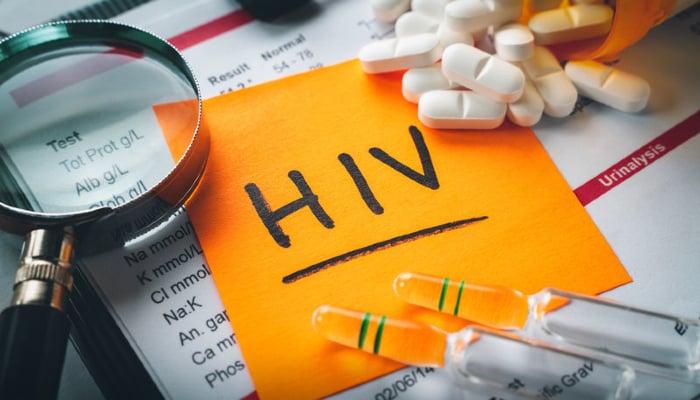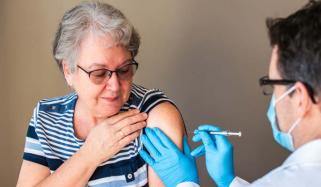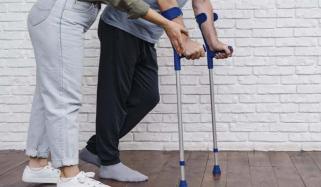
Lenacapavir has shown significant results in the third phase of the clinical trial.
According to CNN, the injection used to treat HIV, lenacapavir, has shown dramatically positive results in reducing the risk of infection and has been found more effective than the currently used pre-exposure prophylaxis, or PrEP.
As per the data from the drug maker, Gilead Sciences, 99.9% of participants who took twice-a-year lenacapavir injections did not get infected with HIV.
Out of 2,180 patients, only 2 people got HIV, which means that a twice-a-year lenacapavir injection reduces the risk of getting infected by 96%, and it worked 89% better than a daily pill, Truvada.
Moreover, the principal investigator of the clinical trial, Onyema Ogbuagu, said, “The difficulty some people can experience with taking an oral pill every day, including challenges with adherence and stigma, has hindered uptake and persistence of the standard of care for too long, thus blunting PrEP’s impact on HIV prevention.”
He explained, “The incredible efficacy demonstrated in the PURPOSE 2 trial, the potential benefits of a twice-yearly injection, and the diversity of trial sites and participants show the impact that lenacapavir for PrEP could have for people around the world who need new choices to reduce their chances of acquiring HIV.”
The World Health Organisation, in a press release, called the effective results of the clinical trial a 'significant breakthrough in HIV prevention.’
The researcher believes that the breakthrough trial results will add ‘significantly to our arsenal of tools to move us closer to achieving an AIDS-free generation.’















